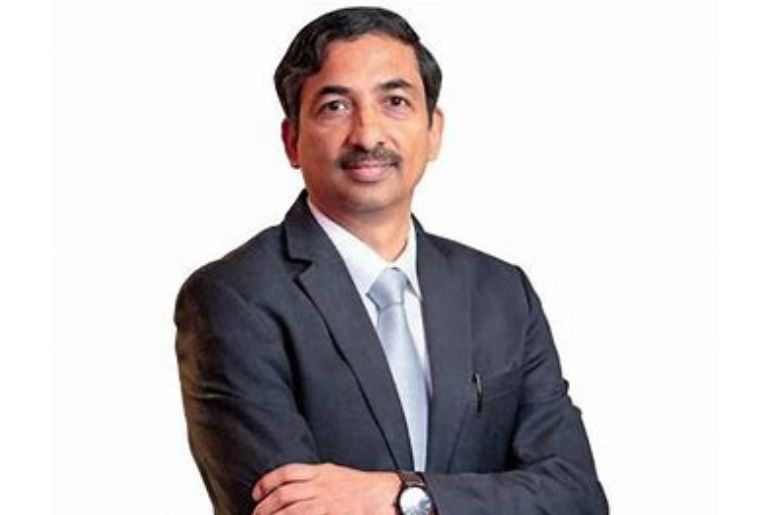Maruti Suzuki is hardening its position on hybrid cars. According to Rahul Bharti, executive director of corporate affairs for the company, powerful hybrids should be viewed as an alternative to petrol and diesel vehicles rather than as a rival to EVs.
“The debate is not between EV and strong hybrid. Both are excellent technologies. Both need to be encouraged. The debate is between strong hybrids and IC engines. I cannot imagine a situation, and nobody can justify why IC engines should be preferred over strong hybrid,” he said at a recent media interaction.
Bharti continued by pointing out that a recent study from a reputable think tank that asserts strong hybrids are primarily driven in pure petrol mode and does not lower emissions is factually false.
He said, “In a strong hybrid electric vehicle, it is the computer that optimises both drivetrains, the IC engine and the battery motor combination, and there is no option given to the driver to run in pure ICE mode.”
According to the executive director, Maruti’s Grand Vitara and Invicto hybrid vehicles emit 26% and 30% less CO2 emissions, respectively, and have a 36% and 46% increase in fuel efficiency when compared to their gasoline-powered equivalents. “So, definitely strong hybrids are a very powerful way to cut oil imports, generate energy efficiency, and reduce CO2 immediately without the pressure of range anxiety or lack of charging infrastructure.”
Not only is Maruti Suzuki one of the few mass-market carmakers in India to offer a hybrid option, but the brand is also set to expand its petrol-electric portolio, starting next year. Along with the series-parallel hybrid tech used in the Grand Vitara and Invicto (and shared with Toyota), Maruti will soon offer a new series hybrid powertrain, and the first model to benefit will be the Fronx facelift. The company will also be bringing its first all-electric vehicle, the eVX, to the market in 2025.
Bharti expounded on the balance between hybrids and EVs, saying “So, what we are saying is that we should try to maximize EVs, and that still leaves a lot of room for IC engines because EV cars will not reach a penetration of 100 or 80 per cent in the next 10 to 15 years. For the balance ICE vehicles, can we do something to improve CO2 or improve energy efficiency?” In this context, hybrids are a logical mid-term strategy.
The Indian government is mulling reducing taxes on hybrids, but the still nascent policy is seeing opposition from the likes of Tata Motors. Brands like Mahindra, Kia and Hyundai have announced that they are actively looking at hybrids, but all also have definitive EV plans. At the moment, the only mass-market carmakers offering hybrid models are Maruti, Toyota and Honda. It should also be noted that hybrids are finding favour with Indian car buyers and outselling EVs, despite a limited choice of models on offer.


